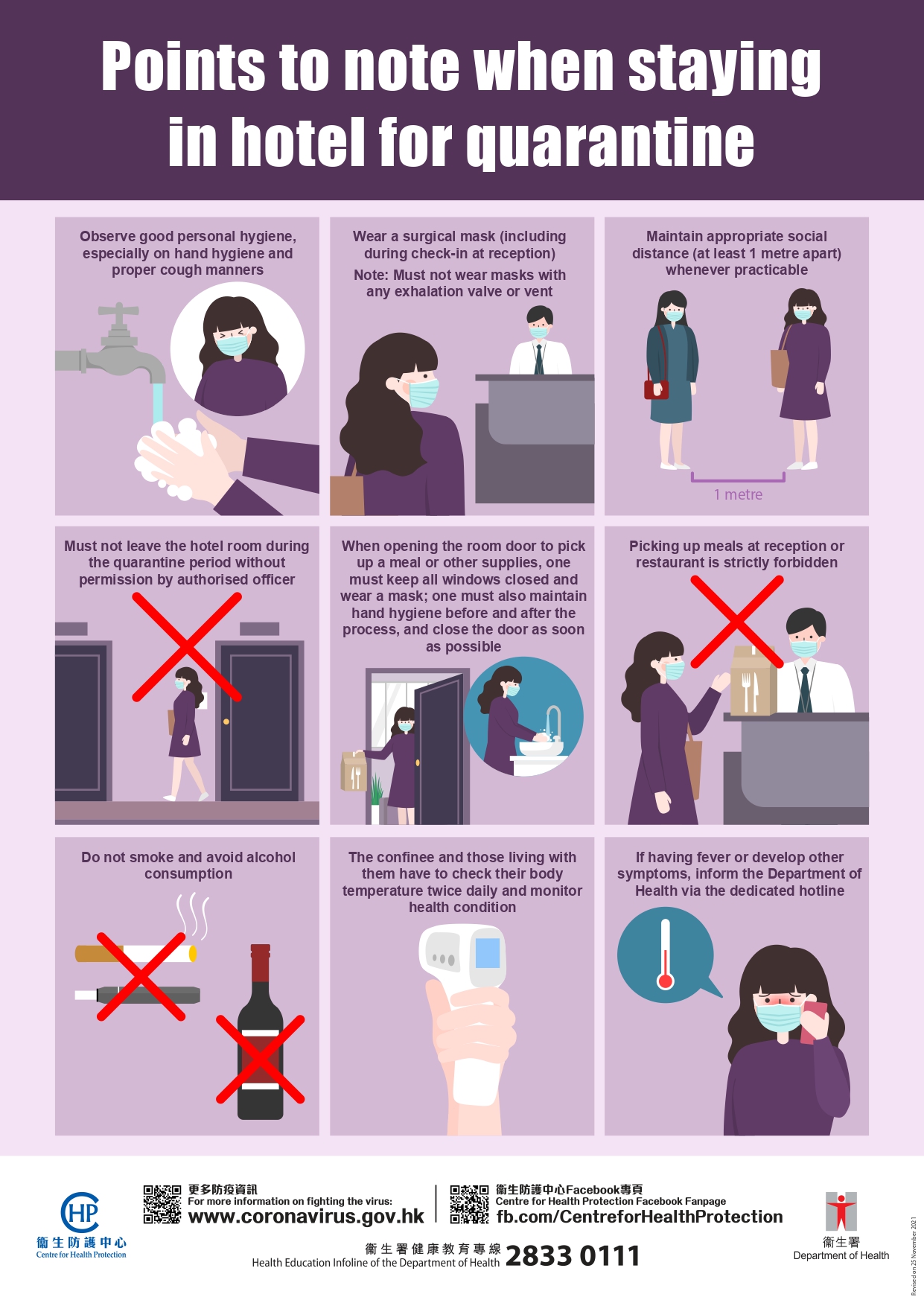Sabine Behrmann, Cape Town manager at Acacia Africa updates on tourism in Mozambique.
How tourism is changing in Mozambique and what are the main markets for tourism?
Despite having suffered several years of civil unrest, Mozambique is poised to become one of Africa’s travel meccas. The country is now viewed in a more positive light, and with some of the most unspoilt reefs in the world lying just off its coastline, it is attracting a growing number of travellers in search of spectacular underwater safaris.
While moves are being made to court more luxury travellers, Mozambique is still a major drawcard for youth travellers booking overland tours, and backpackers who are in search of a laidback, budget Africa experience. A bonus for agents, overland tours often win out against independent travel, as the roads are not always easy to navigate and the country still has a poor infrastructure.
In light of the recent visa changes, there is more good news afoot for agents. The new rules allow all foreign tourists to obtain dual-entry visas on arrival regardless of their country of origin, making the process less time-consuming and less costly.
While we received notification of the changes back in April of this year, we will undoubtedly start to see evidence of the positive effects over the course of the next few months, as from June through October the weather conditions along Mozambique’s southern coastline are ideal for those who want to flipper up.
What can you tell us about the recent visa changes and expectations for growth?
Before the visa changes, officially, all tourists had to apply for visas before arriving at the border. Gaining entry/allowing tourists to purchase visas on arrival was at the discretion of the Director of Immigration at the point of entry. This meant, at some borders, some nationalities could purchase a visa on arrival including travellers from the UK, Europe and Australia, whereas others could not, but regardless, with there being no guarantees in place, we always advised UK clients to purchase them in advance to avoid disappointment.
Travellers would need to go to a Mozambican consulate in their country of residence to purchase the visa. In the UK the cost of a single entry visa obtained via the High Commission is priced at £50pp and £80pp for a multiple entry visa, the process taking four days. Where the country had no consulate, travellers then needed to go via a visa service (with additional handling fees) making it all quite costly.
On arrival in Mozambique, the cost is now US$50 per person for a 30 day tourist visa. This entitles the holder to double entry, and this course of action is applicable to all tourists who wish to enter Mozambique regardless of whether or not there is an embassy in their country of origin.
You recently visited Vilanculos, please could you tell us about some of the highlights?
In April, I had the opportunity to visit Vilanculos in the Inhambane Province. Known as the the gateway to the Bazaruto Archipelago, the coastal town offers excellent snorkelling and diving opportunities and it is a major highlight on our 14 day Mozambique & Zimbabwe Explorer northbound and southbound camping overland itineraries.
Our trips include a dhow sailing trip to the archipelago’s third largest island, Magaruque Island, the day complete with a delicious seafood lunch served under its shady palm fringes. Clients have the opportunity to enjoy the island at leisure and go snorkelling (basic snorkelling equipment and the park fees are included), swimming or hiking to the ruins of a 19th century fort.
Vilanculos has certainly grown since my last sojourn, which was over 10 years ago, and there is more infrastructure now. Many of the roads are still sand tracks so getting around is mostly on foot or by 4×4. The bay itself is fringed by a few lovely rustic eateries that are perfect for sundowners and a view of the bay, and the ambiance is lovely with the warm ocean breeze and open feel of the bars and restaurants.
I didn’t dive, but I did snorkel at Magaruque Island – the island forming part of a protected marine reserve. There’s a stone reef (not coral as with Zanzibar), which has an excellent drop off and you can happily drift along with the current – minus the need for fins. We walked out onto the reef from the beach (they provide all the necessary gear on the Dhow safari including snorkel, goggles and wet-shoes) and our guide assisted in ensuring everyone was geared up and comfortable in the water etc. before we headed out. The windy weather from the previous day affected visibility, but we were able to see plenty see of colourful fish.
We also had a refreshing walk back on the sands and our guide took us up to the central dune where we were treated to some mesmerising views.
There are some great activities in and around Vilanculos itself. Some friends I met on the Dhow safari (passengers of ours) had been horse riding on the beach the evening before and loved it. The local operator caters to both experienced and inexperienced riders and the horseback adventure takes you along parts of untouched beach for a real ‘island hideaway’ feel.
Do you have any tips for agents selling Mozambique?
Mozambique appeals to the growing number of travellers in search of experiential or immersive travel, the country combining a unique fusion of African, Arabic, Indian and Portuguese influences. Being less well developed than other travel destinations in Southern Africa is often seen as a plus for Mozambique, the chance of less touristy, spontaneous interaction with locals while en route through local towns and villages, and at its lively coastal markets, something travellers are keen to experience.
Mozambique isn’t just a big seller with younger budget travellers it’s also an up and coming adventure honeymoon destination. With our overland tours incorporating various stops along its southern coastline for example, Tofo and Vilanculos, the country offers the perfect mix of more traditional romantic beach stay experiences combined with land based wildlife safaris in neighbouring Zimbabwe.
For seasoned Africa travellers Mozambique is also a great alternative for those who have already flippered up in the waters surrounding Zanzibar – the last undiscovered pearl of the Indian Ocean on a par with the Spice Island when it comes to celebrated scuba haunts.
The new visa changes spell good news for tourism growth especially with a younger clientele who often favour “hassle free,” last minute travel.
Sample package with Acacia Africa:
The 14-day Mozambique & Zimbabwe Explorer camping overland tour costs from £1,485pp (no single supplement) plus Adventure Pass from £210pp, including transport, camping accommodation, most meals and services of a tour leader/driver. Excludes return flight.



 share
share









































